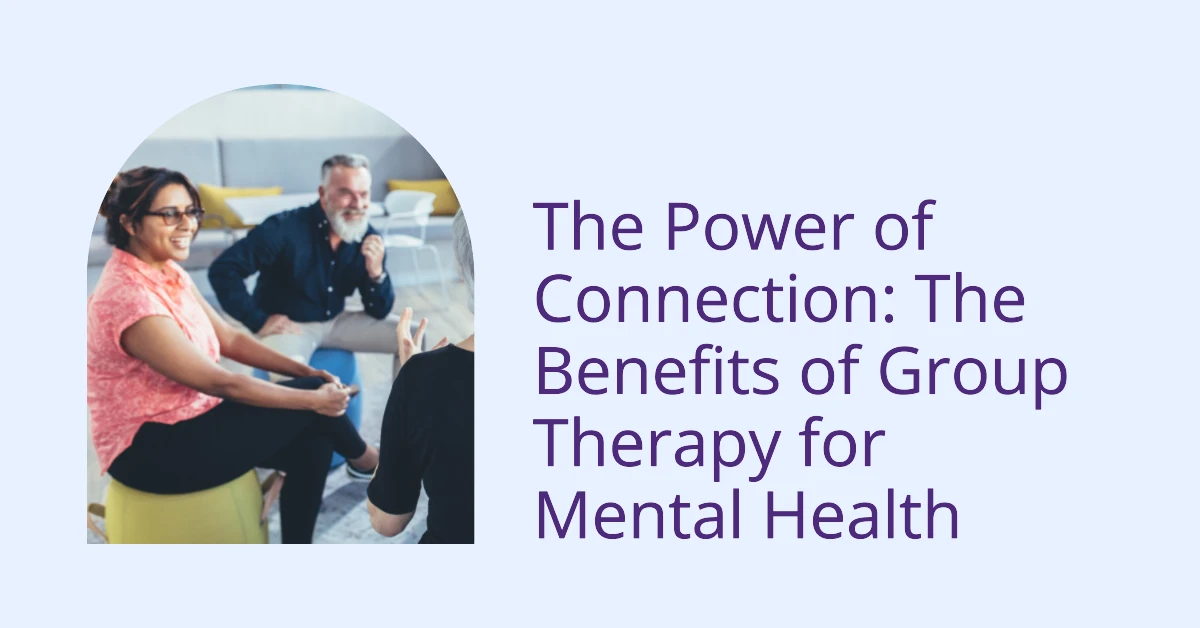Over the past several years, mental health has emerged as a crucial aspect of human wellbeing. More than ever, people are seeking various methods to alleviate mental health issues and improve their quality of life. One such method that has consistently shown promising results is group therapy. A communal approach to mental health, group therapy, has proven to be an effective means to foster psychological growth and emotional healing.
Group therapy is a type of psychotherapy that involves one or more therapists working with several individuals at the same time. This method can be an ideal solution for those who find comfort and validation in shared experiences, providing a supportive network that bolsters individual resilience.
One of the most profound benefits of group therapy is the sense of community it fosters. Participants in group therapy sessions often feel less alone in their struggles. Understanding that others are going through similar experiences can be enormously reassuring, reducing feelings of isolation and loneliness. This sense of belonging and acceptance is a critical component of mental health improvement.
Secondly, group therapy provides a platform for participants to learn from each other. As individuals share their experiences and coping mechanisms, others in the group can gain insights and learn practical strategies to manage their problems. This peer-to-peer interaction can lead to meaningful personal growth and progress in therapy.
Moreover, group therapy sessions can provide participants with a fresh perspective on their issues. As people share their thoughts and feelings, others in the group can offer a different viewpoint, helping individuals see their problems from a new angle. This broadened perspective can be instrumental in formulating solutions and developing healthier thought patterns.
Another distinct advantage of group therapy is the opportunity it provides for participants to practice social skills in a safe and supportive environment. Many individuals facing mental health challenges struggle with interpersonal relationships. Group therapy encourages communication and socialization, allowing individuals to build and strengthen their social skills.
Furthermore, group therapy can be a cost-effective option for those seeking mental health support. Since therapists can work with several individuals simultaneously, the cost per person can be significantly lower than individual therapy. Thus, group therapy can provide essential mental health services to individuals who might otherwise find them financially inaccessible.
Lastly, group therapy’s structure promotes responsibility and accountability, key elements in the recovery process. Group members can hold each other accountable for their progress, which can inspire individuals to remain committed to their therapeutic goals.
However, it is important to note that while group therapy has many benefits, it should not replace individual therapy if one-on-one support is required. Instead, it should be used as a complement to individual therapy, augmenting the benefits derived from personal therapeutic sessions.
In conclusion, group therapy presents a multitude of benefits for mental health. From fostering a sense of community to promoting personal growth and providing a cost-effective solution, group therapy plays a crucial role in the sphere of mental health services. With the combined benefits of shared experience, peer learning, social skill development, and mutual accountability, group therapy can be a powerful tool in the journey towards mental health and wellbeing.
If you or someone you know is struggling with mental health, consider exploring group therapy as a potential pathway to healing. The power of connection and shared understanding might just be the boost needed to propel you forward on your journey towards better mental health. Remember, you are not alone, and help is available. It’s never too late to seek support and make a positive change in your life.
What is group therapy?
Group therapy is a form of psychotherapy where one or more therapists work with several individuals simultaneously. It’s an ideal solution for those who find comfort and validation in shared experiences, providing a supportive network that bolsters individual resilience.
What are the key benefits of group therapy?
Group therapy fosters a sense of community, reducing feelings of isolation. It also promotes learning from peer experiences, provides fresh perspectives on issues, improves social skills, is cost-effective, and promotes accountability in the healing process.
How is group therapy different from individual therapy?
While individual therapy focuses on a person’s unique needs and challenges, group therapy leverages shared experiences among members for mutual benefit. It’s a supportive space where individuals can learn from others facing similar issues. However, it doesn’t replace individual therapy when one-on-one support is needed.
Who can benefit from group therapy?
Individuals facing various mental health challenges can benefit from group therapy. It’s particularly beneficial for those feeling isolated due to their experiences, individuals looking to improve their social skills, or those seeking a cost-effective mental health support option.
How can I join a group therapy session?
Group therapy sessions are often organized by mental health clinics, community health centers, and universities. Contact us today to guide you on the best path for your situation.






